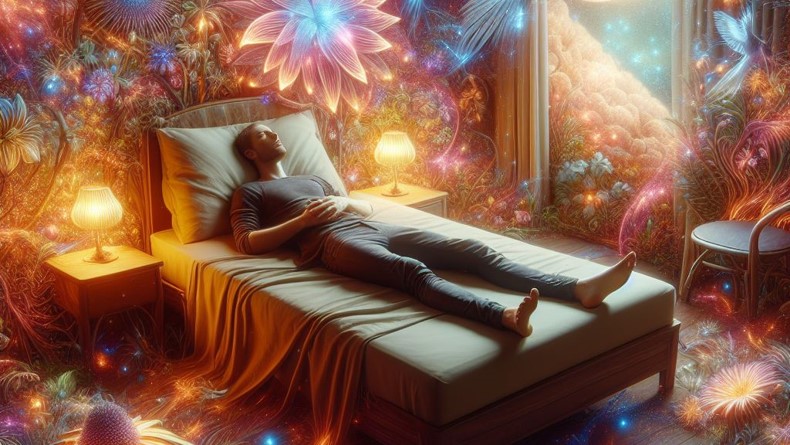Overview:
This study will seek to link the effects experienced during the psychedelic state, such as mystical experiences, to long-term changes in Perception Box-related areas.
Abstract:
This study will look to link the effects experienced during the psychedelic state, such as mystical experiences, to long-term changes in perception-related areas. The induction of neuroplastic processes during the psychedelic experience plays a crucial role in maintaining emotionally impactful and vivid memories over time, which can lead to lasting behavioral changes. To further enhance these effects, researchers will combine specific cues associated with the psychedelic experience with non-invasive transauricular vagus nerve stimulation (taVNS), known for promoting neuroplasticity and enhancing the emotional impact of memories. The hypothesis is that adding taVNS to psilocybin, a psychedelic substance, will make transformative aspects of the experience more vivid and personally significant, thereby enhancing its potential to improve well-being. A study involving 100 healthy adults with sub-optimal well-being will receive a single dose of psilocybin and be randomly assigned to receive active taVNS, sham taVNS, or treatment as usual. Questionnaires, functional magnetic resonance imaging (fMRI), and other assessments will be conducted to evaluate the memory and perception-related changes induced by the intervention.

Broader Impact:
This study explores how combining psilocybin with a gentle nerve stimulation technique could strengthen and extend the positive, life-changing effects of psychedelic experiences by enhancing brain plasticity and emotional memory. If successful, this approach may make psychedelic therapies more effective, longer-lasting, and affordable, even potentially opening access to more people, including those from underserved communities.